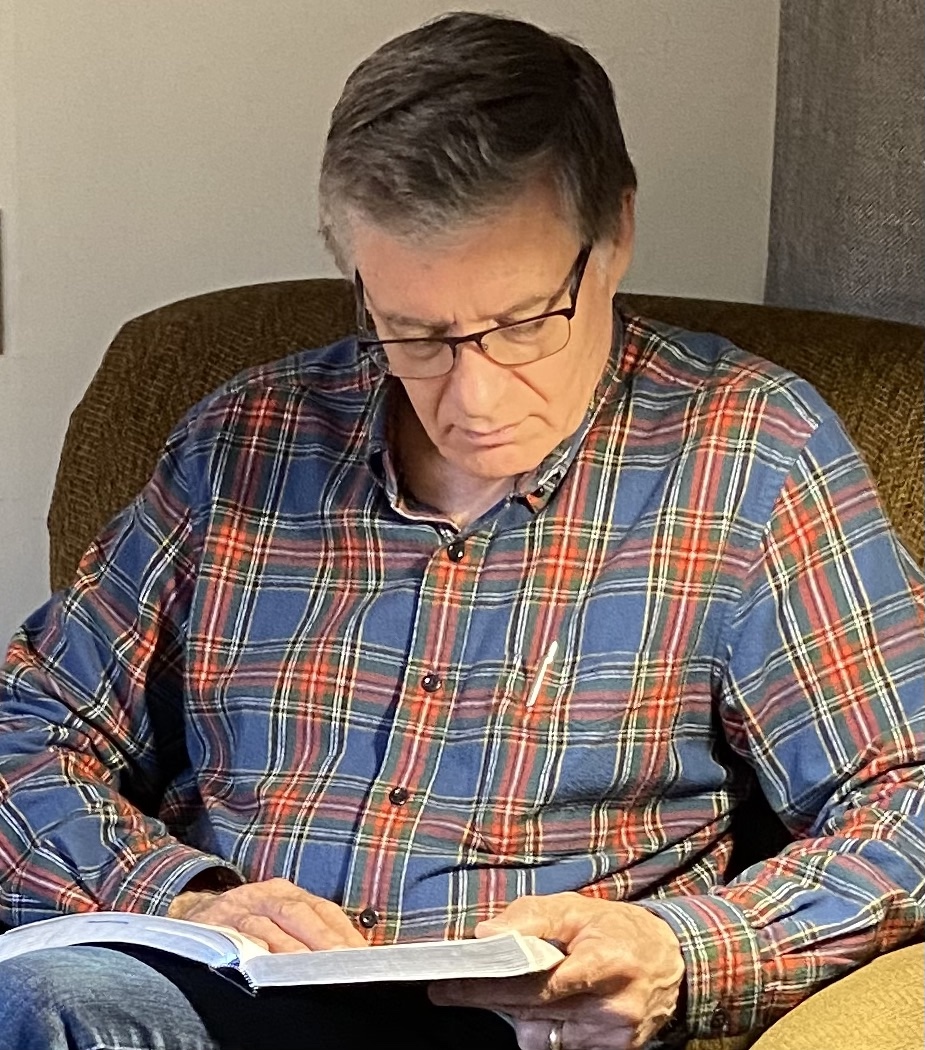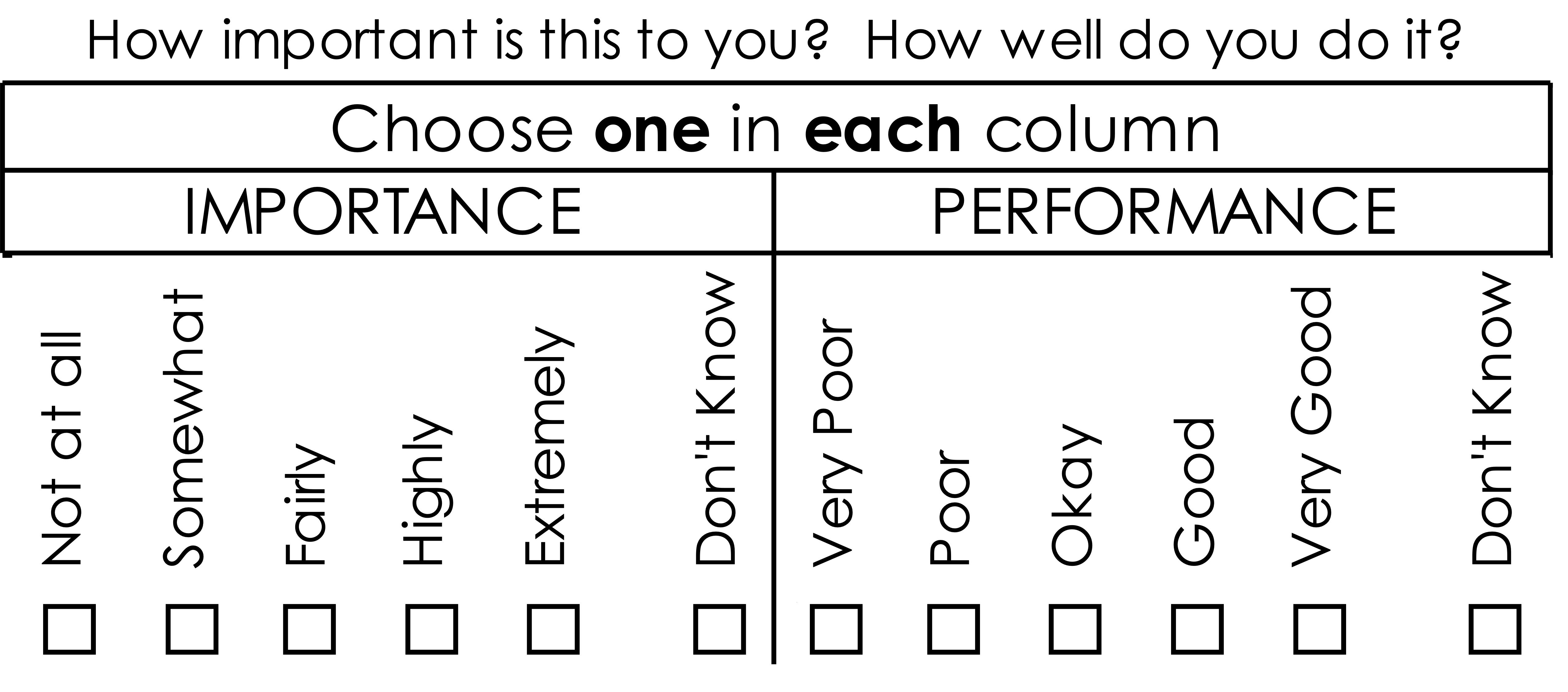Adopt Accountability as a Core Value
- Home
- Basic Productivity Skills
- Accountability As a Core Value
Adopting accountability as a core value means deep down you believe making yourself vulnerable to another trusted individual can really boost your own personal development, productivity, and effectiveness.
This is the very reason why successful people work with a professional coach.
Set the parameters of your relationship. Ask that person to question you about how you manage your time, what you are working on and what you are getting done.
The very fact of you knowing you have to give an account to them shifts your thinking to a different level. You will begin to look for more effective ways to think and act. You will spend more focused time on critical projects and accomplish more real work. And you will have increasingly better reports to give to your accountability partner.
"In fact, the real expert is not really an expert at all, but a support system. What we all need is the kind of support that functions like a personal coach who helps us work through certain problems, has suggestions for appropriate fixes, but never tries to limit anyone."
John Eliot, Overachievement
Five Days of Coaching to Foster Accountability as a Core Value

DAY ONE
Think about having an accountability partner to whom you report. The purpose of this relationship is to be accountable for intentional growth and taking action toward greater effectiveness and contribution.
If you both have accountability as a core value you hold in common, this can be a relationship of great practical value.
This individual may be your mentor, a professional coach, a trusted advisor or someone pursuing the same path you are. Choose carefully. This person should be a broad thinker and able to ask penetrating questions that spur you on to improvement. Make a list of the people you would feel comfortable with in this role.
The Coach asks:
- Make a list of questions that you would consider to be good accountability questions if you were asking them of someone else. What would be important for them to report on or reveal if they want to be their very best?
- Make a list of people you would feel comfortable with as they asked you the type of accountability questions you just wrote down.
- What do you think would be the value in different types of accountability partners - friends, work peers, professional coach, etc?
- How comfortable would the people on your list be with asking you personal and penetrating questions about your work, productivity, habits, personal life, ambitions, weaknesses, failures, pride, seriousness, leadership etc?
DAY TWO
Write down the mandate of your accountability partner. Give them the latitude to question you about your actions, your motives, how you think, how you handle stress, relationships, work habits and anything else you can think of. Be as broad or tight in your instructions as you feel will benefit you.
The Coach asks:
- Write down what it is you would like your accountability partner to actually hold you accountable for? These would form the "running instructions" for them to operate by.
- What do you notice about your instructions? Light? Heavy? Too many loopholes? Unreachable? Just right?
- Go through a couple edits to ensure you are having them explore the areas you believe it would be important to cover.
- How would you know whether or not your work with an accountability partner is being successful or not?
DAY THREE
Approach someone on your list. Engage them as a partner as you embark on consciously improving your effectiveness.
The Coach asks:
- How did you feel about explaining what exactly it was that you wanted to achieve, with them as your accountability partner?
- What if a couple of people say yes? What if they all say no?
- What initial feedback did you receive from them? What has that led you to think about?
- Review once again what "consciously improving your effectiveness" actually means to you?
DAY FOUR
Be honest. Talk about your perceived gaps in personal, work and leadership knowledge, skill or attitude. This person may need time to get to know you. Give them the fullest picture you can every time you meet.
The Coach asks:
- How did your first accountability meeting go? What worked well? What needs tweaking? How are you doing with adopting accountability as a core value, now lived out?
- How candid did you feel you were able to be? How non-judgmental, but supportive were they able to be?
- If you've been together a few times now, what kind of a pattern are you establishing? How is this making you more or less accountable?
- What results are beginning to show in your own attitudes and actions? What's that telling you?
DAY FIVE
Determine to be a leader who is consciously working on improvement. Have a personal plan of development and communicate it to your accountability partner. It doesn't need to be onerous, but it does need to answer the question, “What am I working on at the moment?”.
The Coach asks:
- You don't want to get caught in task-only conversation, but it really is helpful to have measurables that you are reaching toward. What achievable outcomes would you like to see?
- How comfortable are you reporting on what you "are not" getting done, that you said you would get done?
- On a 1 - 10 scale, rate your success thus far with an accountability partner? If it is absolutely not encouraging you, or moving you forward, get someone else. If it is helping you make real progress, celebrate.
So One Person Sharpens Another

As a Christian Executive Leadership Coach I encourage all Christian leaders to reflect on God's Word to add to their wisdom.
- Pr 27:17 As iron sharpens iron, so one person sharpens another.
- Heb 4:13 Nothing in all creation is hidden from God's sight. Everything is uncovered and laid bare before the eyes of him to whom we must give account.
- Gal 2:11 - 14 When I saw that they were not acting in line with the truth of the gospel, I said to Cephas in front of them all ...
- Jas 3:1 Not many of you should become teachers, my fellow believers, because you know that we who teach will be judged more strictly.
- Eph 4:23,24 ... to be made new in the attitude of your minds; and to put on the new self, created to be like God in true righteousness and holiness.
- Rm 8:1,2 Therefore, there is now no condemnation for those who are in Christ Jesus, because through Christ Jesus the law of the Spirit who gives life has set you free from the law of sin and death.
If you are a leader, executive, or senior level professional looking to work with a Christian Executive Coach, I invite you to connect with me here.
If appropriate, we can meet by phone or Zoom to discuss your situation.
Record Your Progress
This is your opportunity to track your progress. Start by asking yourself how important this practice is to you? Record the importance as - not at all, somewhat, fairly, highly or extremely.
Now next to it ask yourself how well you carry out this practice. Record your performance as - very poor, poor, okay, good or very good.

The things we track, we pay attention to. Across time, come back and record your new results. You will find that as you are intentional about making improvements, you will bump your "score" up higher.
This is significant. Don't miss the opportunity to acknowledge your success, and use it as a springboard for making even further gain.
Notes
I believe not everyone is cut out to be a good accountability partner. We all have default methods of listening to someone else, and some will not have grew beyond their default. It's important to be committed to accountability as a core value.
- Listen to judge
- Listen to correct
- Listen to tell
- Listen to tell someone else
- Listen for the last breath in a sentence and then jump in fast.
- Listen for the ending to tell their own story
The point? A good listener, coupled with a thoughtful and wise reply is golden. This person will be a great ally in your quest to become a better person, professional and leader.
Contact me here Privacy Policy
© G.E.Wood and Associates. All Rights Reserved in all media.
G.E. Wood and Associates is an international coaching firm registered in Ontario, Canada
142 Pratt Crescent, Gravenhurst, Ontario, Canada, P1P 1P5